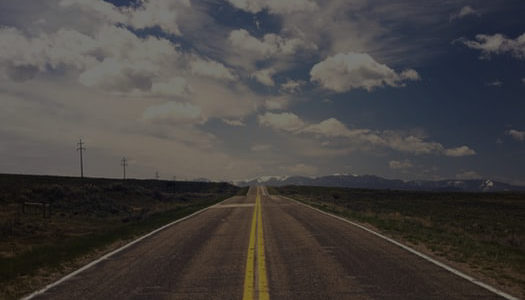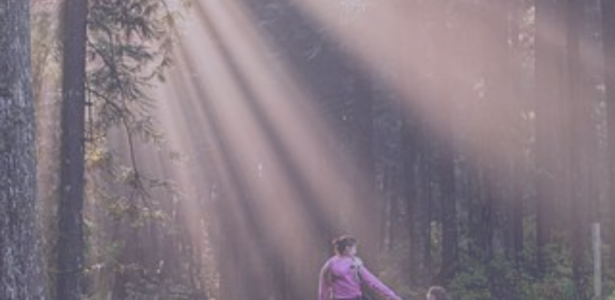Let me tell you about the time Samantha came up from the lake. We didn’t know where she was. It was long past midnight and our fire had dwindled to coals that burned orange in the wind. But it was hot summer time, August, and the fire was for a place to gather more than warmth, for something to huddle around, something to do, but we’d found other things to do by then. So had Samantha.
Some people just did shit like that. Took off. Had midnight backwoods vision quests. Figured it was Sam’s turn. No one was watching her. Surely not me. Not Mike. We were lying on the dirt looking up at the stars rapping about aliens and life and feeling the life in us like the heat of liquor going down your throat, but more, everywhere. Each cell lit up, hot, alive. We were like aliens that might find another planet someday, that some other consciousness might be imagining from their own terra firma, and we were aliens to the whole ordeal and undertaking of making a life for yourself. Such pressure in every decision. The future was ours to imagine, but we didn’t want to plan and imagine and fucking decide. We wanted to be. That book Be. Here. Now. made it all seem so simple. It wasn’t simple for us. It wasn’t probably feeling so fucking simple for Sam.
The lake was close enough that we could feel its coolness, its soft spray, on the breeze rolling over us. You could see the moon reflected on the surface too, illuminating it like a dark mirror. I thought of the moonlight beaming unto everything beneath it. The lake, Mike’s van—like my second home that summer—the coals of the fire, silvered by the moon’s glow—and us, the two of us lying there, creating as much surface for the glow as we could, just lighting up like the aliens we were, and Sam, also in the wide span of that late summer moon beam.
I didn’t think about it that night, not while we were lying there and not as we got up and started calling out Sam’s name as we traipsed beside the lake along the beach. Not as we stopped, stock still at the farthest end of the lake, still as statues, and listened to the woods beyond. Only small sounds came to us then. Small creature and wind and gravity sounds.
Leave this place. The thought came to me like I’d walked into a wall of it. Leave. “Mike?” I tugged at his hand and took a step back toward our fire pit and his van. “We gotta go, dude.”
“What? Why?”
“Dammit, Mike. I got this feeling. Something’s off.”
“It’s okay. We’re fine.”
“You know how I feel about the woods. And I just feel more that way now than I ever have. Something is out there.”
“No, it’s someone, and we know her. We just need to see what she’s up to, make sure she’s okay. She probably smoked herself stupid and started walking in the wrong direction.”
I tugged at Mike’s arm as he dug his feet into the sand.
Forget Sam. Those words boomed inside my head. Forget. Sam.
“We’re going in,” Mike said, and he marched forward into the woods. What could I do but go.
We made what we thought of as a sweep of the woods. We tried to be systematic as we dodged branches and climbed over fallen trunks. We made sure to call out in all directions. We joined voices and screamed loud enough to sail even beyond the moonbeam, we thought.
It was later, after the lake, after going back to where we’d started and seeing her then, seeing her so close to where we were, seeing that she hadn’t been on a vision quest at all, that it occurred to me. She’d had that nickname when we were little. Moonflower. Back when we used to pick our futures so easily. Ballerina. Explorer. Writer. There’s no worse time than being 18. It’s all in front of you, but you don’t know what it is. You have reached adulthood, and yet you aren’t anything yet. You’ve spent all that time envisioning and dreaming, and now the reality is this immense vacant lot.
“Mike, pick up her feet.”
He hopped into the lake and was in up to his chest in a second, walking in all that leach-infested muck, and he was at her feet, fingers wrapping beneath her calves, swinging her over to the shore. I rested her head against my chest as I hoisted her back to meet my torso. “God, Sam. What the fuck? Mike? What the hell is this?”
I know what death feels like. It’s heavy. The body is unresponsive. Consciousness makes you light, almost like you can fly or float. When you lose that, you are a stone.
The sand stuck to her all over as we laid her on the beach. I’m sure it would have been itchy if she could have felt anything. But it just covered her, and when I tried to brush it away, it only made her look dirty.
I’ve never liked the woods. You go there for the wilderness, to get back to nature. You want to tell society and civilization and rules and plans and structure to fuck off. Then you’re stuck at 3 am with the dead body of your oldest friend and you want civilization to sweep in and make things nice again. You want her cleaned up, carried off, reactivated. Not another lifeless alien.


